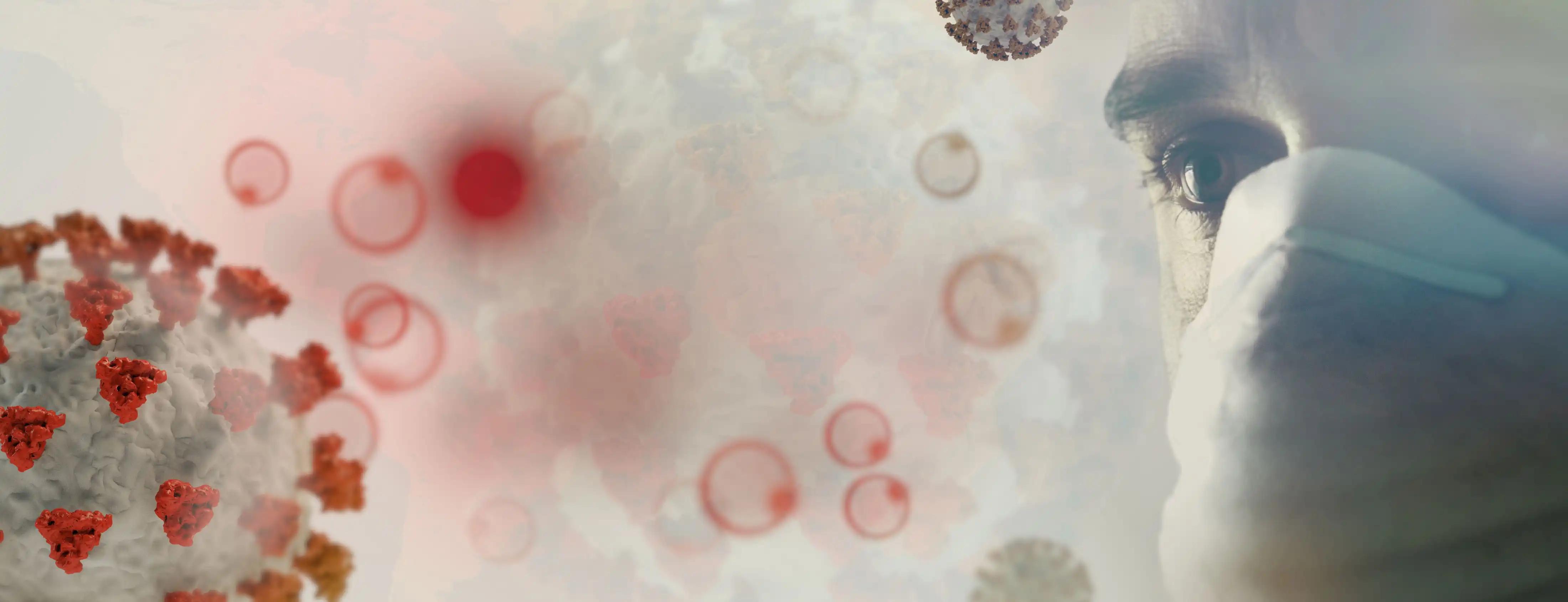KEY TAKEAWAYS
- The phase I trial aimed to evaluate the safety, tolerability, and efficacy of TTI-101, a first-in-class STAT3 inhibitor, in advanced/refractory solid tumor pts.
- Pts were treated with TTI-101 twice daily in 28-day cycles at different doses.
- The study found that TTI-101 was well-tolerated and showed promising antitumor activity, particularly in HCC, with two Phase 2 trials underway.
TTI-101 is a new drug that blocks STAT3, a protein that helps cancer cells grow and survive. Researchers aimed to evaluate the safety, tolerability, and efficacy of TTI-101, a first-in-class STAT3 inhibitor, in advanced/refractory solid tumors.
Pts with advanced metastatic cancer who had not responded to standard treatment were given TTI-101 twice daily in 28-day cycles. The doses ranged from 3.2 to 25.6 mg/kg/day in a “3+3” design. Three different formulations of TTI-101 were used sequentially, starting with formulation 1 (F1). A second formulation (F2) was introduced during dose escalation at 12.8 mg/kg/day, and pts were divided into hepatocellular carcinoma (HCC) and other solid tumor cohorts. A third formulation (F3) was assessed once the recommended phase 2 dose (RP2D) was determined. Treatment continued until disease progression, intolerable side effects, or the patient chose to withdraw from the study.
The key patient characteristics included a median age of 63 years (range 33-78), with 52% being male, and a median of 3 prior systemic therapies (range 1-9). No dose-limiting toxicities (DLTs) or fatal treatment-related adverse events (TRAEs) occurred. Diarrhea was the most common TRAE, observed in ≥30% of the safety population (n=64), mostly at Grade 1/2. Formulation F3 was better tolerated than F1 and F2, with no events ≥Grade 3. One patient experienced transient Grade 4 hyperglycemia, which was resolved with insulin and metformin. About 5 pts had serious TRAEs, all Grade 3, which were resolved. TTI-101 exhibited linear pharmacokinetics up to DL3, where it plateaued.RP2D was determined as 12.8 mg/kg/day (DL3) for both HCC and other solid tumor cohorts. Among the 39 pts assessed for response, 5 (13%) had confirmed partial responses (cPR), and 16 (41%) had stable disease (SD). Of the 15 pts with HCC, 3 (20%) achieved a cPR, with a median duration of 10.5 months. The other two cPRs were observed in ovarian cancer (1 patient) and gastric cancer (1 patient).
The study found that TTI-101 was well-tolerated and showed promising antitumor activity, particularly in HCC, with two Phase 2 trials underway.
Source: https://ascopubs.org/doi/abs/10.1200/JCO.2023.41.16_suppl.3018
Clinical Trial: https://classic.clinicaltrials.gov/ct2/show/NCT03195699
Apostolia Maria Tsimberidou, David J. Vining, Sukeshi Patel Arora, Sofia de Achaval, Jeffrey Larson, Carrie Cartwright, Rony Avritscher, Imran Alibhai, and Ahmed Omar Kaseb. DOI: 10.1200/JCO.2023.41.16_suppl.3018 Journal of Clinical Oncology 41, no. 16_suppl (June 01, 2023) 3018-3018.



